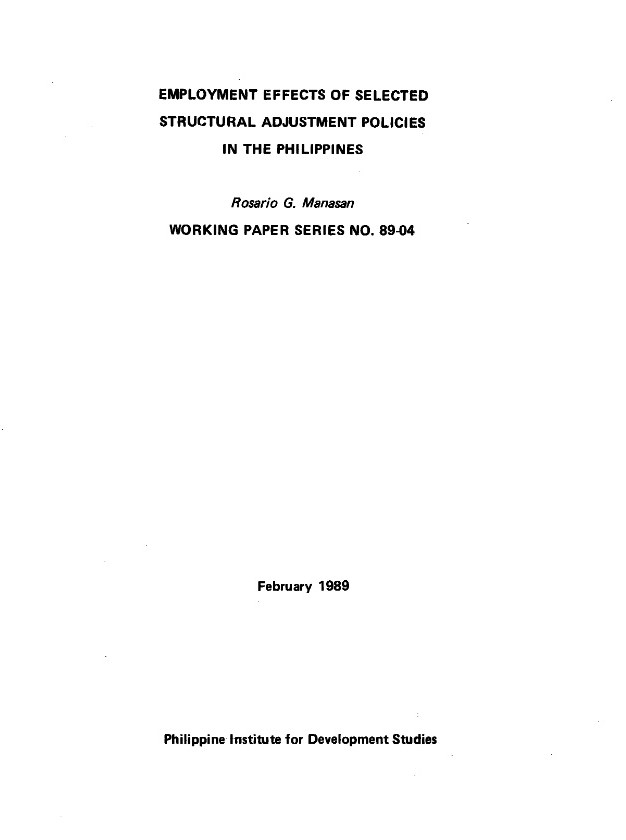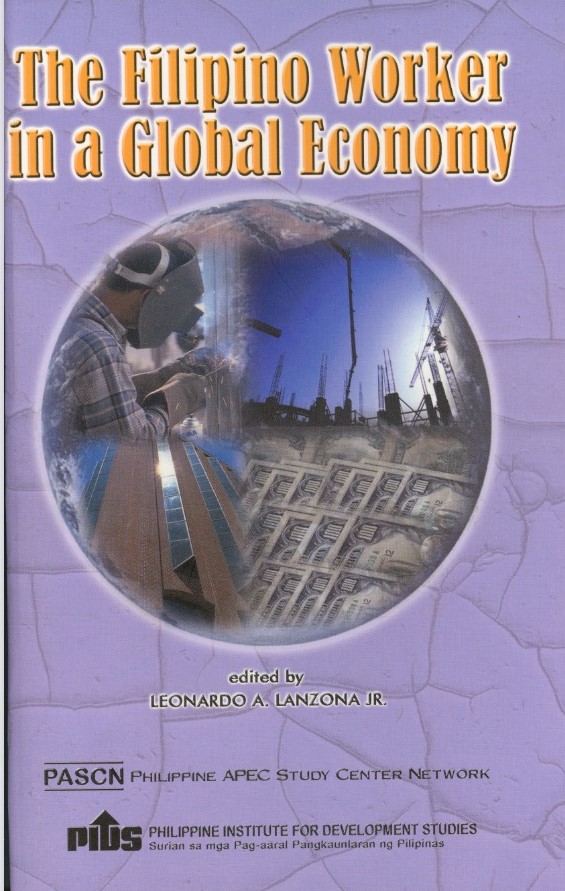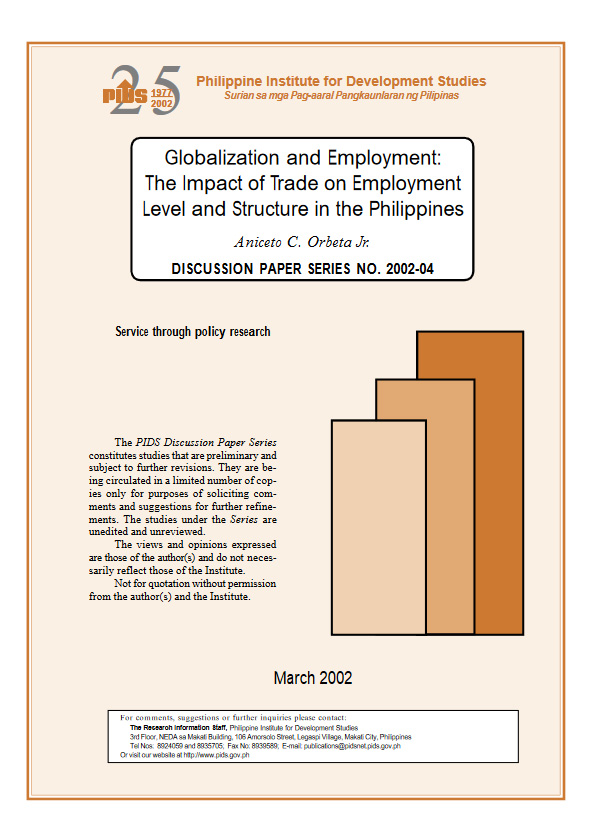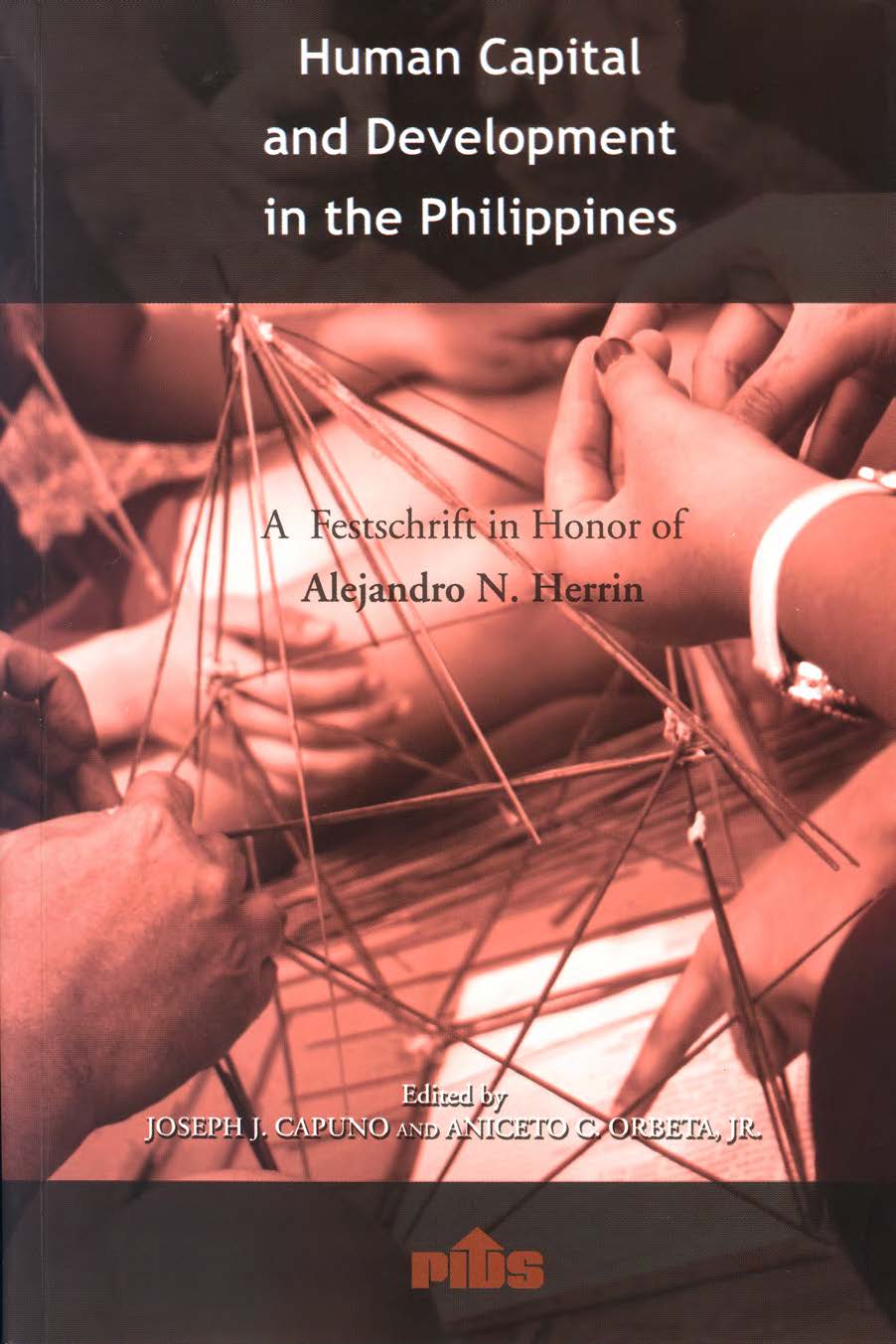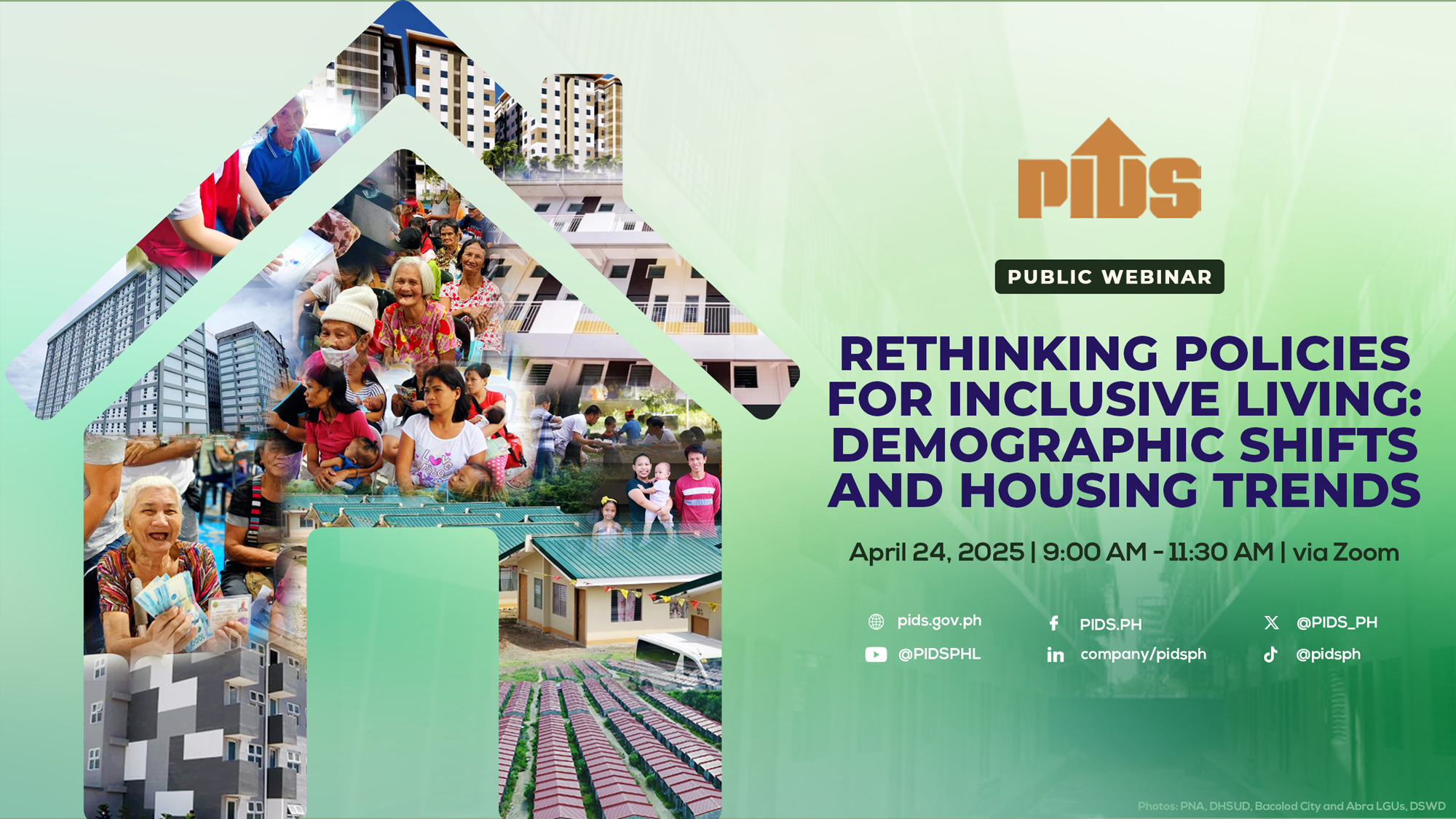The current Philippine economic crisis has led to a series of policies designed for short-run stabilization as well as long run structural adjustment. Currently, the policymakers’ major concern is the achievement of external balance while maintaining price stability through changes in macroeconomic policies, production structures and international trade and distribution. This study is carried out in the context of a growing need for policy options to minimize the adverse effects of the stabilization and structural adjustment policies on employment. In particular, the study reviews the Community Employment Development Program, the Tariff Liberalization Program, the reform of the industrial incentives legislation and the production incentives policy.

